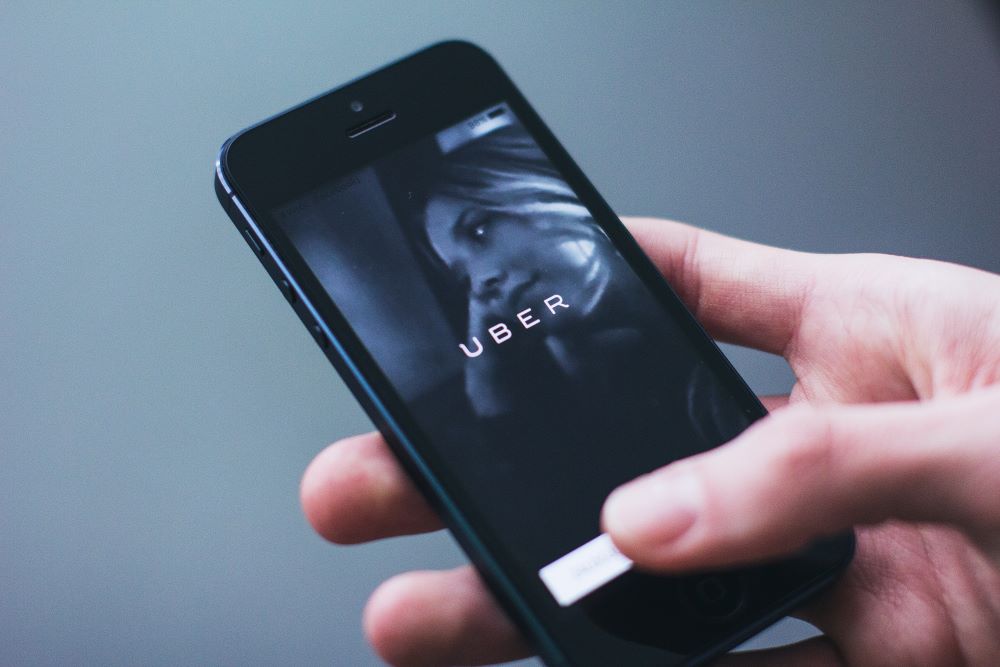The case against Uber is likely to grow. Victims are able to join coordinated proceedings. Numbers are expected to increase to the thousands.
The ride sharing giant Uber Technologies, Inc. has been sued countless times in state and federal courts on allegations of sexual assault by drivers and others. Now, more than 550 claims of sexual assault nationwide have been consolidated in a San Francisco federal court. The lawsuit alleges that in 2021, Uber noted 998 sexual assault allegations and 141 allegations of rape. The giant ride share company received a total 3,824 complaints about the five most serious types of sexual assault. Uber has a long-standing policy of not reporting crimes in its cars, even sexual assault, to authorities.
Complaints to Uber
The Uber lawsuits range from non-consensual kissing to non-consensual sexual penetration between 2019 and 2020. The lawsuits allege that Uber became aware of sexual assault allegations involving its drivers and others as early as 2014 but failed to do anything about it.
Claimants are Pursuing Compensation for Their Injuries and Damages
When claimants are able to prove that the negligence of Uber harmed them, they become eligible to seek damages from the company. Uber claims that it has taken a serious stance on sexual assault that includes new safety features. It persists however, in its failure to add cameras inside cars to deter sexual assaults. Notwithstanding those and other features, claimants continue to hold Uber accountable for sexual assaults as it has maintained a “three strikes” policy for drivers. Although Uber drivers are considered to be independent contractors Uber continues to be held liable for their sexual assaults
Attempts to Restrict the Terms of Uber’s User Agreement

Uber attempted to restrict the riders’ terms of use when it alleged that it’s terms of service prohibited consolidation of the riders’ claims against it. In short, Judge Charles Breyer reasoned that to uphold the terms of use would “nullify the judiciary’s ability to manage litigation currently pending in the federal courts.” Accordingly, consolidation under multi-district rules and ultimately a class action was ultimately permitted.
Statute of Limitations
Those who have suffered a sexual assault in an Uber have a statute of limitations for taking legal action. For incidents that occurred after January 1, 2019, victims have ten years to seek compensation. For those occurring between 2009 and 2019, lawsuits may be filed until December 31, 2026.
Now, victims of sexual abuse by Uber drivers and other Uber personnel are able to stand up for their rights as a group, as opposed to hearing only individual cases that could take decades. The case against Uber is likely to grow. Victims are able to join coordinated proceedings. Numbers are expected to increase to the thousands. Uber had better start getting ready for the financial fallout. It’s going to be a hard rain that’s going to fall.


Join the conversation!